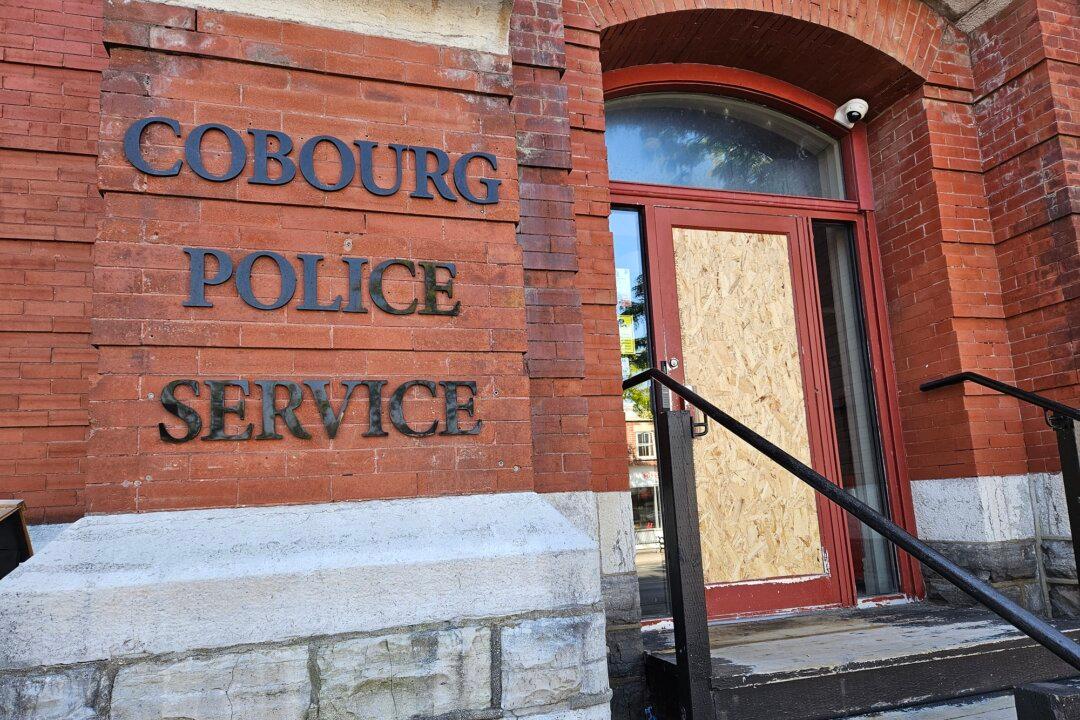COBOURG, Ont.—About six years ago, Jamie Briscoe first saw someone smoking drugs off a piece of tinfoil—a method for consuming crack-cocaine, heroin, and other hard drugs—near his home in the little lakeside town of Cobourg, Ontario.
“I was just mind-blown that there was somebody sitting there in the middle of the day doing drugs and nobody was doing anything about it,” he told The Epoch Times. Now, it’s a daily sight, he said.





